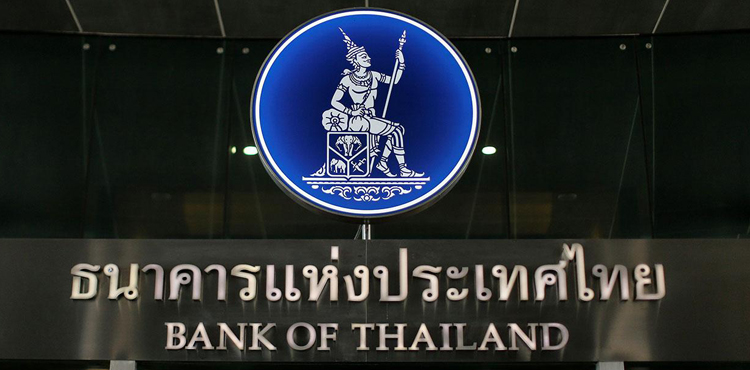Ms. Alisara Mahasandana, Assistant Governor, Financial Markets Operations Group, revealed that the Bank of Thailand (BOT) is providing more flexibility for non-residents having trade and investment in Thailand in undertaking transactions related to Thai Baht with financial institutions in Thailand as well as easing the requirements for supporting documents as follows.
1) More flexibility under the Non-resident Qualified Company Scheme (NRQC scheme). Non-residents providing cross-border payment services can now participate in the scheme which will allow them to undertake transactions related to Thai baht with onshore financial institutions without submitting supporting documents for each transaction. They can also manage Thai baht liquidity in their Non-resident Baht Accounts (NRBAs) without being subject to the end-of-day outstanding balance limit.
In addition, more flexibility is given for transactions undertaken by NRQCs indirectly through offshore financial institutions. Also, the process for onshore institutions to provide information to the BOT prior to undertaking the transactions with NRQCs has been streamlined to further facilitate the scheme.
2) Less burden on supporting documents. For transactions other than those under the NRQC scheme, the requirements on supporting documents have been eased to allow non-residents having trade and investment in Thailand to conduct transactions related to Thai baht with onshore financial institutions more flexibly. This will also allow non-resident investors (end beneficiaries) investing in securities in Thailand to be able to conduct such transactions directly without proceeding through global custodians.
The relaxation outlined above is part of the BOT’s effort to develop the country’s FX ecosystem, which will help provide more flexibility and reduce the cost of non-residents’ foreign exchange transactions.





